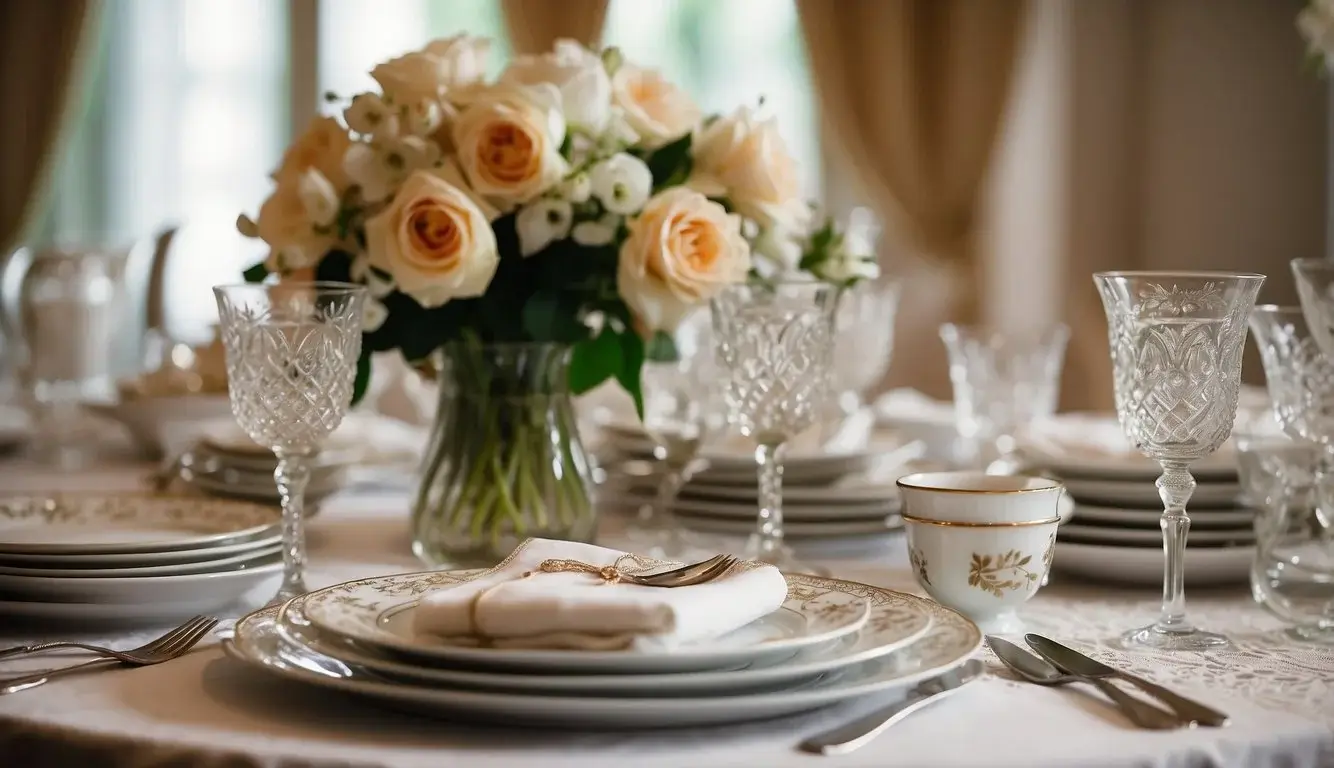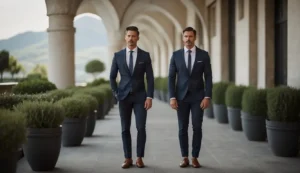“Southern Manners” embodies the epitome of genteel living in the Southern regions, and I have spent numerous hours distilling its purest form for your advantage. It is with great pride that I offer a detailed guide that encapsulates what Southern hospitality is all about, from the courteous application of “ma’am” and “sir” to the elegance of a meticulously set table. Discover how these valued traditions cultivate a communal spirit and authentically reflect the true essence of hospitality.
- Southern etiquette embodies a culture of respect and politeness.
- Proper behavior and communication signify personal integrity.
- Adherence to these manners strengthens community bonds.
Basic Manners and Politeness
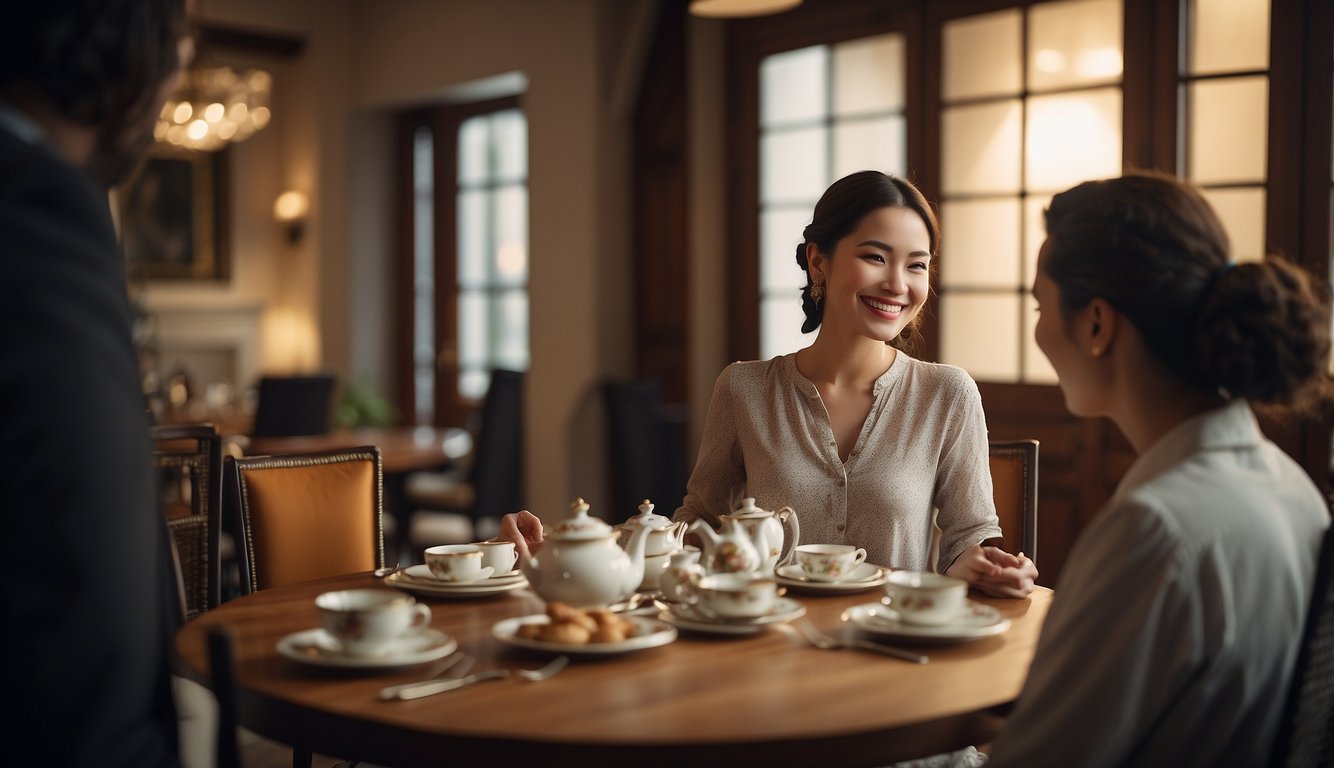
In my experience, the essence of Southern courtesy lies in everyday interactions. Whether I’m greeting someone, expressing gratitude, or practicing common courtesies, I strive to embody respect and kindness.
Greetings and Introductions
When I meet someone, I always offer a warm smile and a firm handshake. I also make direct eye contact to show I’m engaged and respectful. It’s also polite to say, “Nice to meet you,” and use honorifics such as “sir” or “ma’am,” which convey respect right from the start.
Gratitude Expressions
Saying “please” and “thank you” are fundamental elements of politeness that I never overlook. I go a step further by sending a handwritten thank-you note for significant acts of kindness. It’s a thoughtful gesture recognizing someone’s hospitality or the time they invested in me during my visit.
Common Courtesies
I believe common courtesy is what weaves together the fabric of Southern sociability. I always apologize if I accidentally interrupt someone during a conversation and refrain from engaging in gossip that might disrespect others’ loyalty and trust. Walking on the sidewalk, I stay to one side to allow others to pass, and if I see someone trying to shake hands, I promptly offer mine in return—it’s just polite.
Social Interactions and Public Behavior
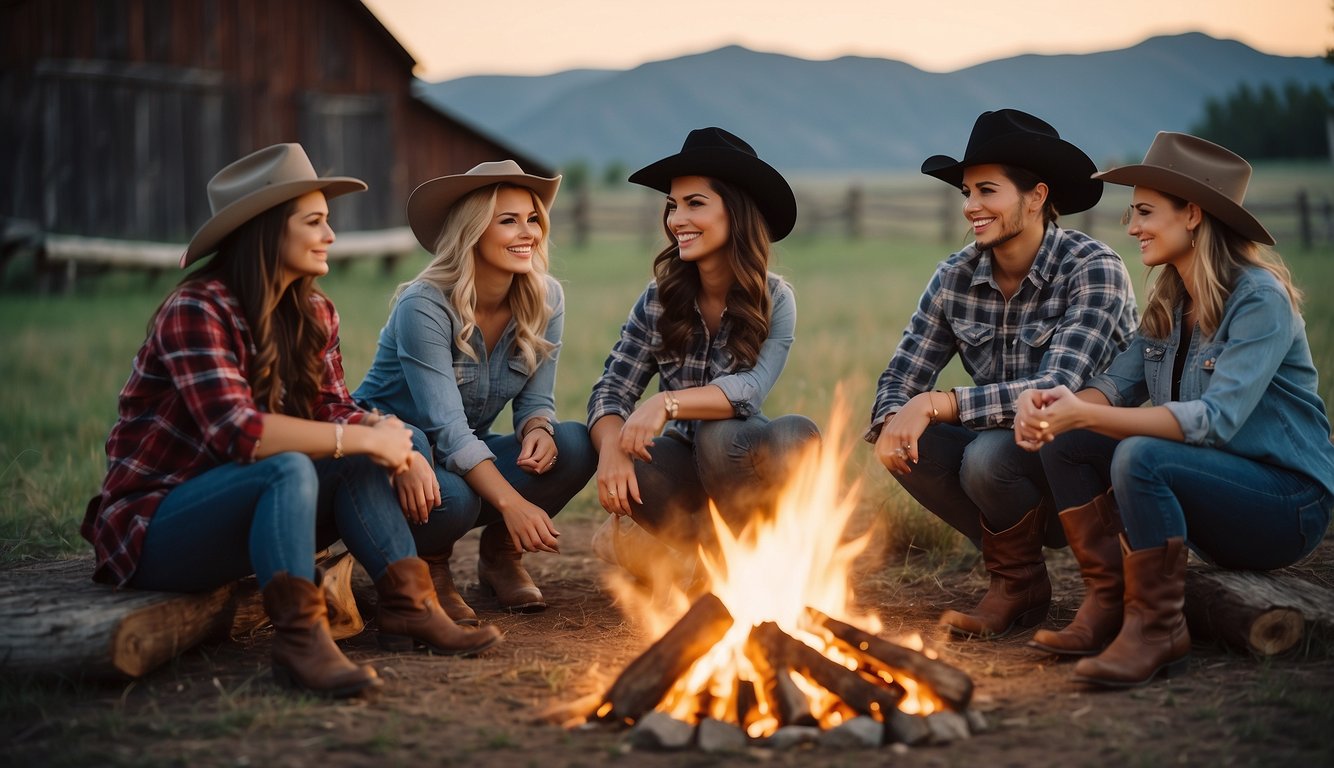
In my experience, social interactions and public behavior in the South are taught from a young age and imbued with respect and courtesy.
Attending Church
When I attend church, punctuality is considered a sign of respect, so I make it a point to arrive early or on time. It’s common practice to dress modestly and to greet fellow congregants with a warm, genuine smile. During church services, it’s expected to participate respectfully and to remain silent during prayers and sermons.
Dining Out
At the dinner table, especially when dining out, I’ve learned that the rule of thumb is to wait until everyone is served before eating. Saying a blessing over the food is a common practice and a part of Southern manners. If I have any dietary restrictions or preferences, informing the host when responding to the dinner invitation (RSVP) is polite.
Shopping Etiquette
In a grocery store or any small town shop, acknowledging other shoppers with a nod or a simple ‘hello’ is customary and shows friendliness. I remember the importance of practicing patience, particularly in long lines, and it’s considered good manners to offer my spot to someone who has fewer items or seems in a hurry.
Attending Events
Responding promptly to the invitation is essential when I’m invited to events, whether a grand gala or a casual backyard barbecue. I’m expected to engage in conversation at events, avoiding controversial topics and showing genuine interest in others. I’ve observed that Southern hospitality dictates that I always thank the host before leaving and follow up with a thank you note if the occasion was formal.
Family and Home Visits
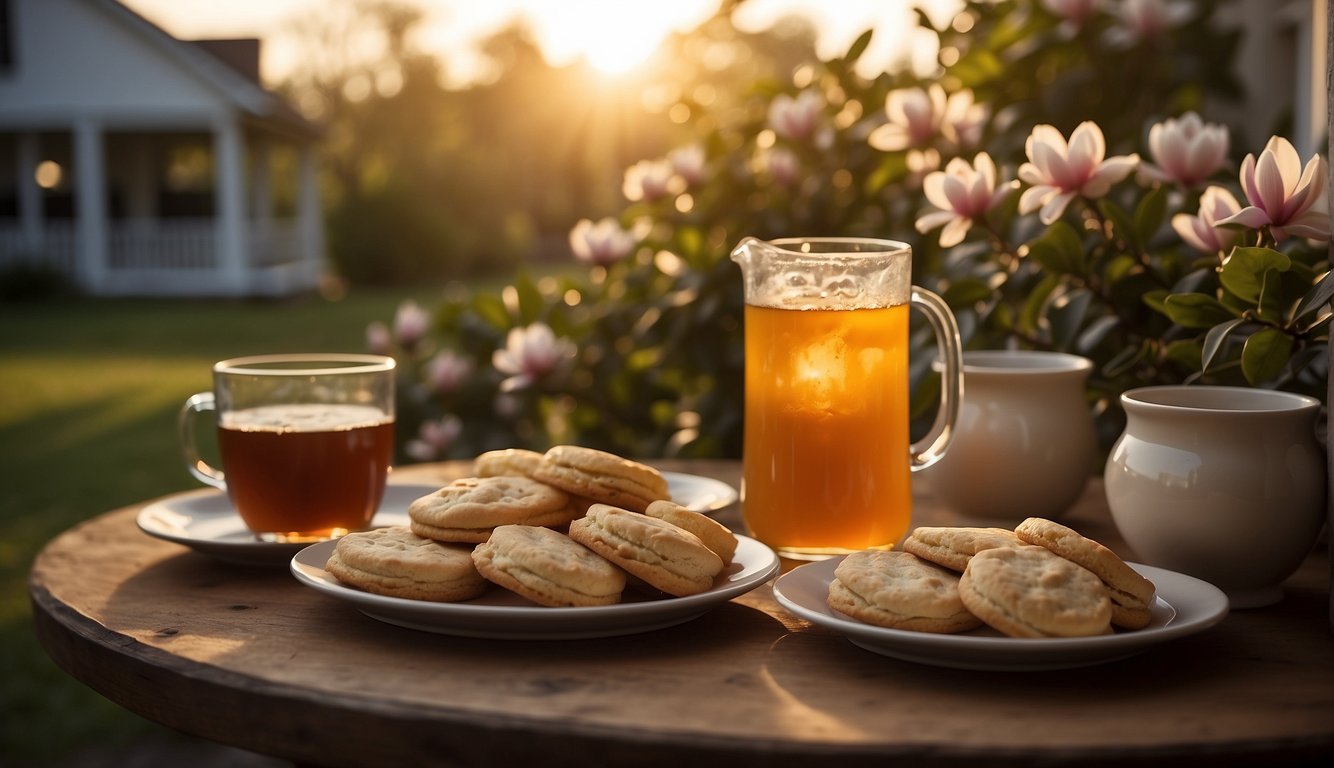
When I visit my family and their homes, especially in the South, I always follow specific etiquette rules to ensure my visit is as pleasant and respectful as possible. It’s about showing due regard to the homeowners, from the youngest to the eldest members, and embodying the warmth and generosity that Southern hospitality is known for.
Treating Elders with Respect
In my family, elders, including grandparents, hold a place of honor. When I visit, I make it a point to greet them first and with due reverence. Following their cues, a firm, warm handshake or a gentle hug is appropriate. Always addressing elders with “Mr.” or “Mrs.” and their last name, unless they’ve insisted otherwise, is a traditional practice. It’s a simple gesture that conveys a deep sense of respect.
- Attention to Needs: If my elders are sick or need assistance, I show compassion by adjusting my visit to their comfort levels. Whether it’s speaking softer or helping out more, their comfort is my priority.
- Listening Actively: I make sure to listen closely when they speak, engaging in their stories and wisdom without interrupting.
Hospitality in the Home
Upon entering someone’s home, I know I’m walking into a treasured and cared for space. To honor this, I bring along a small gift, like a homemade casserole or a dessert, especially if it’s my first visit or there’s a special occasion. This gesture is a sign of appreciation for the host’s generosity.
- Appreciation: A heartfelt “thank you” or a hand-written note after the visit reflects my gratitude.
- Respect for the Home: I mind my manners by using a napkin in my lap during meals, keeping my elbows off the table, and offering to help with cleanup.
Interactions with Children
As someone who relishes family connections, I find that engaging with children during home visits strengthens family bonds. It’s important to me to be a good role model through my behavior.
- Encouragement: I encourage children to participate in conversations, teaching them to be good listeners and to express their thoughts respectfully.
- Games and Activities: If there are children present, I propose or join in on appropriate games or activities that include them, ensuring they feel part of the family gathering.
Communication
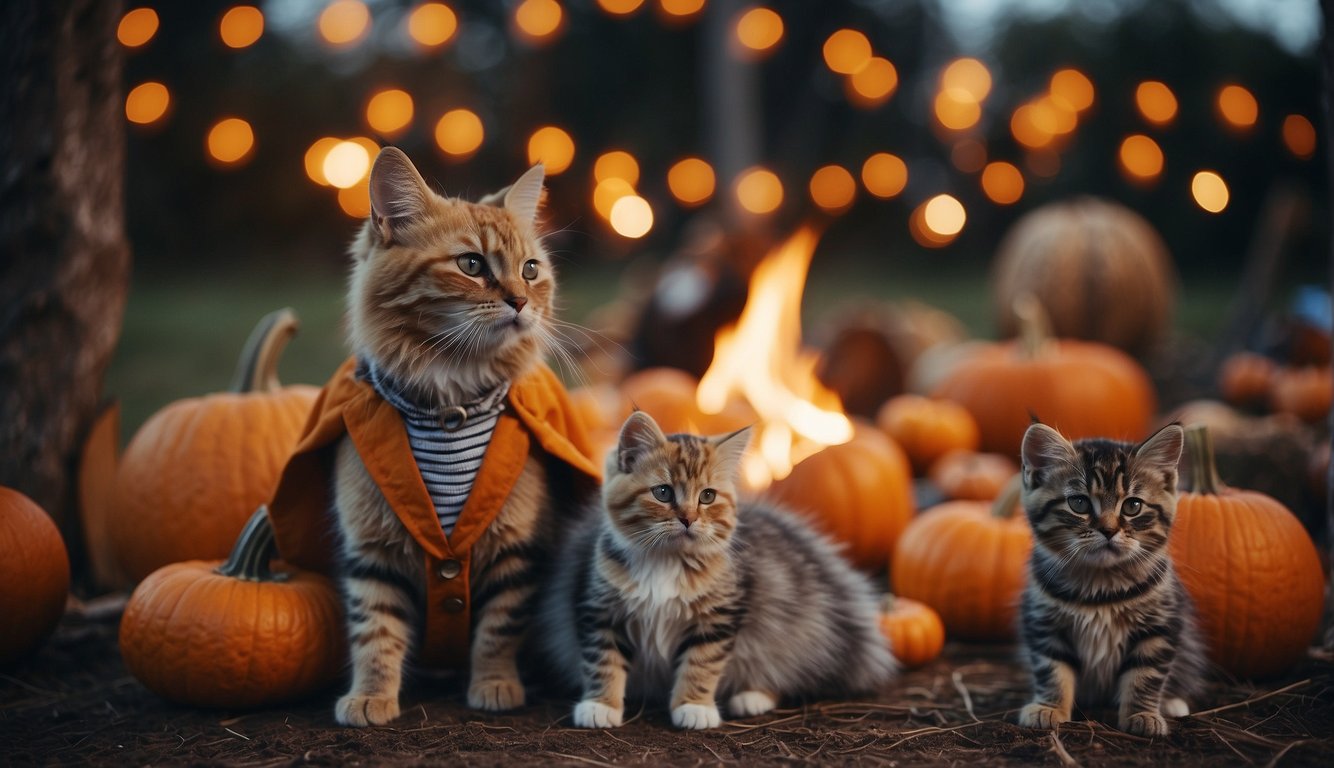
In the South, communication is much more than just exchanging words; it’s about showing respect and gratitude and fostering community. Every interaction, whether through a handwritten note or a conversation, is an opportunity to reinforce social bonds and maintain traditions revered in Southern culture.
Writing Thank You Notes
I always make sure to send a handwritten thank you note after receiving a gift or kindness. It’s not just politeness; it’s a cherished tradition acknowledging the time and thought someone put into something just for me. Here’s the simple structure I follow:
- Greeting: Address the recipient warmly.
- Thank you: Clearly state what you’re thanking them for.
- Specific Detail: Mention a particular aspect that you appreciated.
- Closing Thoughts: Express hope to see them soon or participate in a similar event.
- Sign Off: End with a friendly goodbye, like “Best wishes” or “Sincerely.”
This small gesture of gratitude is seen as an essential part of good etiquette in the South and truly demonstrates one’s upbringing.
Conversations and Listening
When engaging in conversations, I strive to be fully present and genuinely interested in what others have to say. It’s considered impolite to dominate discussions or shift focus to unflattering topics like gossip or whispers about others. The art of conversation includes:
- Actively Listening: Nod and respond with interest.
- Avoiding Problematic Topics: Don’t bring up gossip or insensitive subjects.
- Inclusive Speaking: Ensure everyone in the group can participate.
In this way, conversations allow us to connect with and respect our fellow Southerners.
Public Speaking
Whether I’m giving a toast at a wedding or addressing a gathering at church, I understand the power of my words in public speaking. A confident delivery and a touch of Southern charm can unite a crowd. Here are the essentials:
- Preparation: Knowing my topic in and out gives me confidence.
- Clarity: I speak clearly and avoid mumbling so everyone can understand.
- Respect: Acknowledge the audience, including God if appropriate, as respect for faith is deeply woven into the Southern ways.
- Brevity: Keep it concise to maintain the audience’s interest.
In every public speech, maintaining a balance between confidence and humility is key. It’s not about impressing others but about sharing something of value while being respectful.
Dining Etiquette
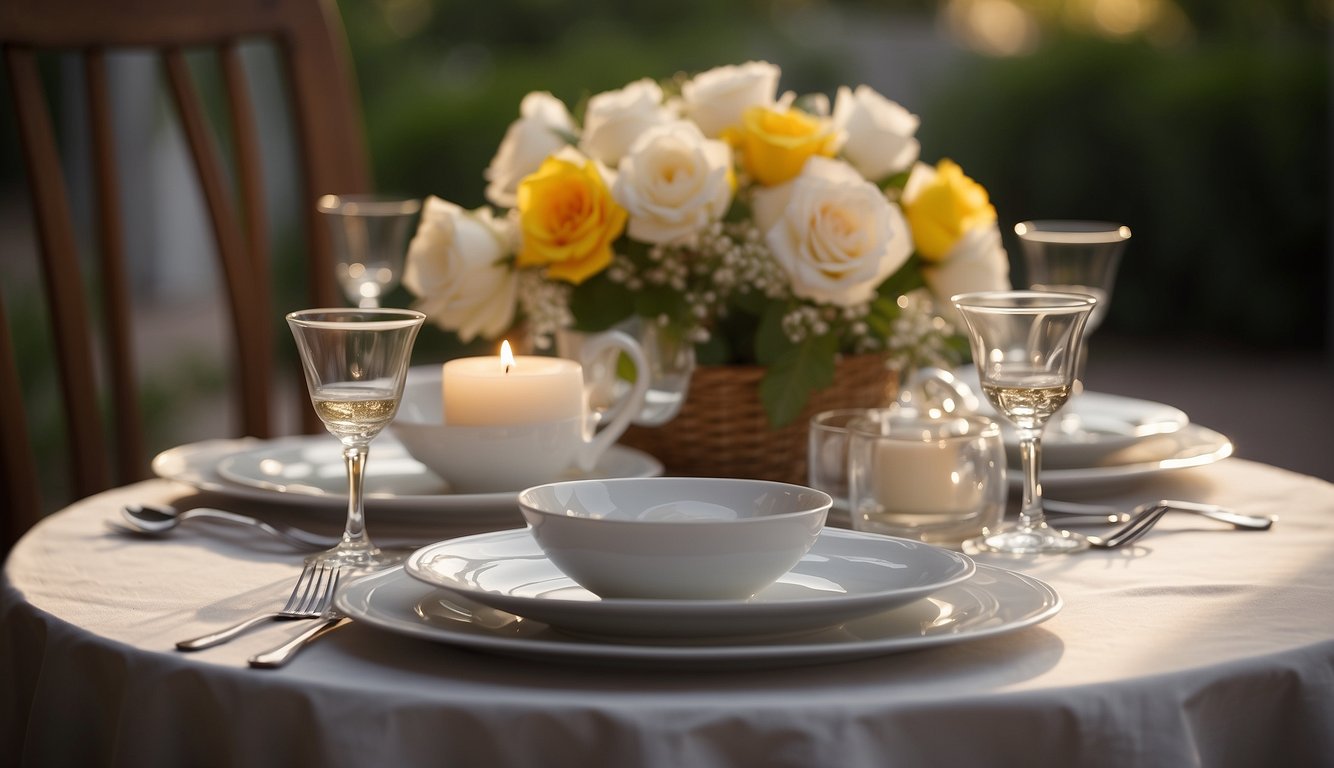
In the South, dining etiquette is a blend of tradition and good manners, which makes sharing meals a pleasurable experience for everyone at the table. Let’s explore the essentials of place settings and behavior that are expected when we sit down to eat.
Table Settings and Meal Times
When I set the table for a meal, I start with a foundation of formal place settings, which includes using a specific arrangement of plates, silverware, and glasses suitable for the time of day and the meal being served. For example, dinner typically involves a larger plate, and each piece of cutlery is placed in order of use from the outside in. I ensure the fork is to the left of the plate, and the knife and spoon are to the right, with blades facing inward. The water glass goes above the knife, and if wine is being served, the glass is placed next to the water glass.
Lunch: 12 P.M. – 2 P.M.
Dinner: 6 P.M. – 8 P.M.
Notice that meal times are slightly later than you might expect – this is part of the Southern tradition.
Proper Conduct at the Table
Once seated at the dinner table, good manners are not just a nicety, they’re an expectation. I make sure to sit up straight, as this posture demonstrates respect for the company and the meal. Before starting to eat, I place my napkin in my lap. Throughout the meal, it’s essential to keep my elbows off the table; this old guideline helps maintain proper dining posture and respect for the shared table space.
During the meal, I pay attention to how I handle my food. It’s imperative to chew with my mouth closed and to avoid speaking when there’s food in my mouth. If I need to excuse myself, I do so politely and place my napkin on my chair to signify I’ll be returning. When the bill comes – if I’m the host – I take care of it discreetly to provide a seamless end to a delightful dining experience.
Fashion and Personal Presentation

In the South, my fashion choices and the way I present myself speak volumes about my respect for tradition and hospitality. Whether I’m attending a formal event or casually walking down the street, I always aim to embody the elegance and charm expected of a Southern man.
Dressing Appropriately
When I attend a black-tie event, I don a full tuxedo, projecting the proper formal image. If I head to a less formal gathering, I might choose a crisp button-down shirt and well-fitted trousers. For women, the expectation ranges from floor-length gowns to formal cocktail dresses. It’s not just about the clothes – sipping sweet tea on the porch calls for a comfortable yet presentable look that allows me to enjoy the warmth and evening breeze.
- Formal: Tuxedo for men; floor-length gown or cocktail dress for women.
- Casual: Button-down shirt and trousers for men; sundress or blouse and skirt for women.
- Relaxed home attire: Comfortable yet tidy clothing suitable for lounging or sipping sweet tea.
Personal Space and Body Language
I’m mindful of personal space and ensure that my body language exudes warmth and approachability. In conversations, maintaining gentle eye contact signifies my attention and respect. Southern hospitality is about making others feel at home, and my posture and movements are open and inviting — whether I’m welcoming guests into my home or simply walking through my neighborhood.
- Conversations: Maintain eye contact and nod to show understanding.
- Posture: Stand straight, no slouching; open posture to seem approachable.
- Walking: A moderate pace with a friendly nod or smile to passersby.
Incorporating these aspects of Southern etiquette into my daily life reflects my respect for the traditions that run deep in my culture.
Respect for the Community

In the vibrant tapestry of Southern life, the community stands as a cornerstone, reflecting our cherished values of kinship and solidarity. My commitment to neighbors’ well-being shines through collective efforts to sustain local heritage and uplift one another through service.
Supporting Local Traditions
Whenever I stroll through the small towns that pepper places like South Carolina, I’m enveloped by a strong sense of tradition that binds us—a Southern thing if you will. I take pride in patronizing family-owned businesses and relishing the high school football team games, where the community’s heartbeat is as palpable as the marching band’s cadence. Church gatherings and annual festivals are not merely events; they are vital threads in our social fabric. I help sustain the customs that form our regional identity by partaking in these traditional gatherings.
Engaging in Community Services
I’ve always believed that compassion is best shown through action. I make it a point to engage in community service, a common courtesy that fortifies our bonds. Whether it’s contributing to food drives or participating in clean-up efforts, service is an extension of my Southern hospitality. In every act of service, from helping a neighbor to organizing a community event, I find that serving others is integral to maintaining the warmth and genial spirit of our close-knit communities.
Conclusion
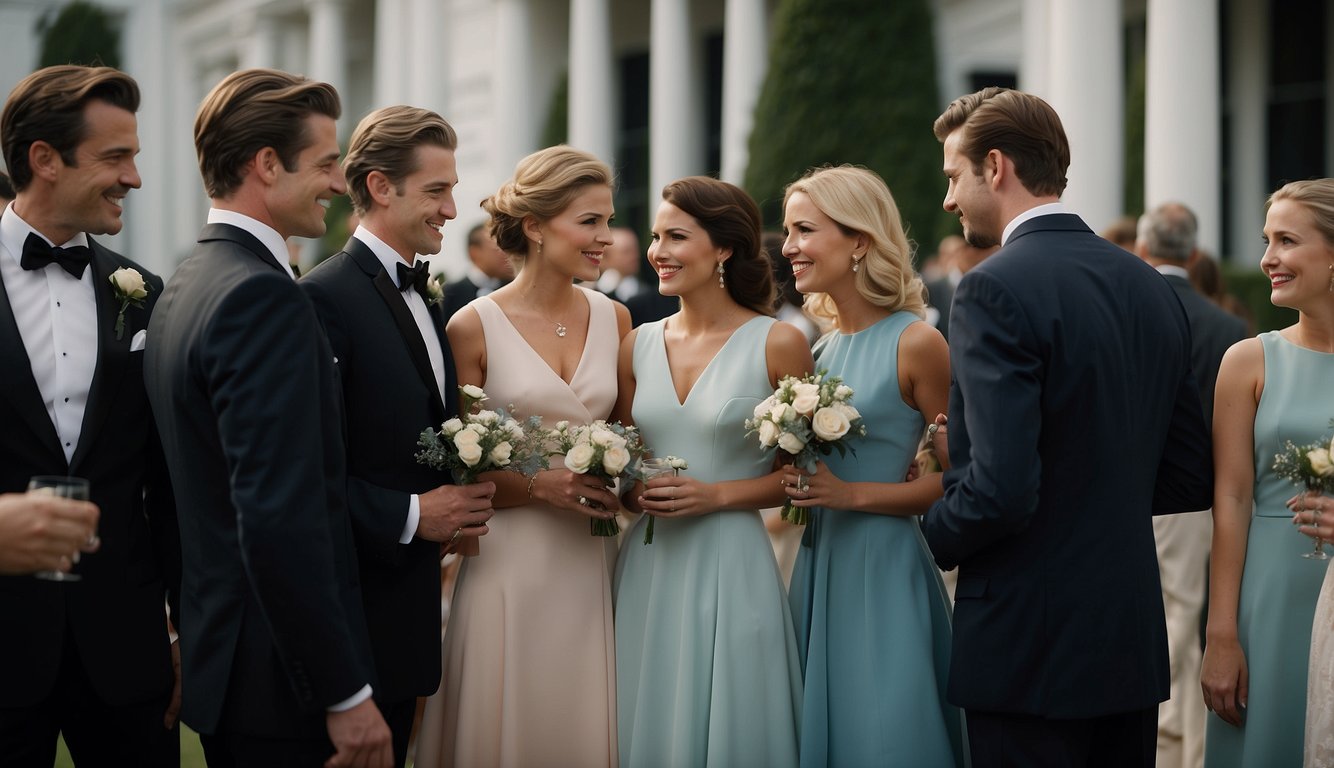
In exploring the charm of the South, I’ve found that Southern etiquette is not just about tradition; it’s a genuine expression of respect and care for others. My journey reinforced that whether at the dinner table or a grand wedding, the essence of manners and politeness in the South transcends time.
I’ve learned that saying “ma’am” and “sir” is one simple way to show deference, especially to my elders. I noticed that this practice is deeply ingrained in Southern culture and one I’ve come to appreciate. The subtle yet powerful influence of etiquette like these creates an atmosphere of civility that is both heartening and welcoming.
Each interaction taught me the value of thoughtful gestures. Whether it’s passing down the unwritten rules from one generation to another or the ways to be a gracious host, these traditions stitch together the social fabric of the South with threads of courtesy.
What stood out to me the most is the communal spirit – lending a helping hand or sharing a meal isn’t just expected, it’s a joy. After all, isn’t there something beautiful about a world where kindness prevails?
Reflecting on my experiences, I am reminded that the warmth and genuineness I encountered are not merely for show but a cornerstone of a vibrant culture. Embracing these courteous practices, I believe, can bring a touch of Southern grace to any corner of the world.
FAQ – Southern Etiquette
What is considered polite in Southern etiquette?
Politeness in Southern etiquette often involves using courteous phrases like “please,” “thank you,” and addressing others with honorifics such as “ma’am” or “sir.” Holding doors open, offering one’s seat to those in need, and extending invitations to social events are also seen as polite gestures.
How important is formality in Southern etiquette?
Formality is quite important in Southern etiquette, especially in traditional settings. This can include dressing appropriately for different occasions, using formal table manners, and following proper greeting protocols.
What role do manners play in Southern culture?
Manners are a cornerstone of Southern culture. They are seen as a reflection of one’s upbringing and respect for others. Good manners are associated with integrity and are often instilled from a young age.
If you enjoyed reading about Southern Etiquette, check out our other articles:
- Bowling Etiquette 2024: Tips for Polite Play on the Lanes
- Surf Etiquette 2024: Key Rules for Sharing the Waves
- Tennis Etiquette 2024: Key Rules and Polite Play for Beginners
- Laundromat Etiquette 2024: Tips for a Harmonious Wash Day
Feel free to also check out our other Articles from the category “Etiquette & Manners“ and don’t forget to follow us on Pinterest.

